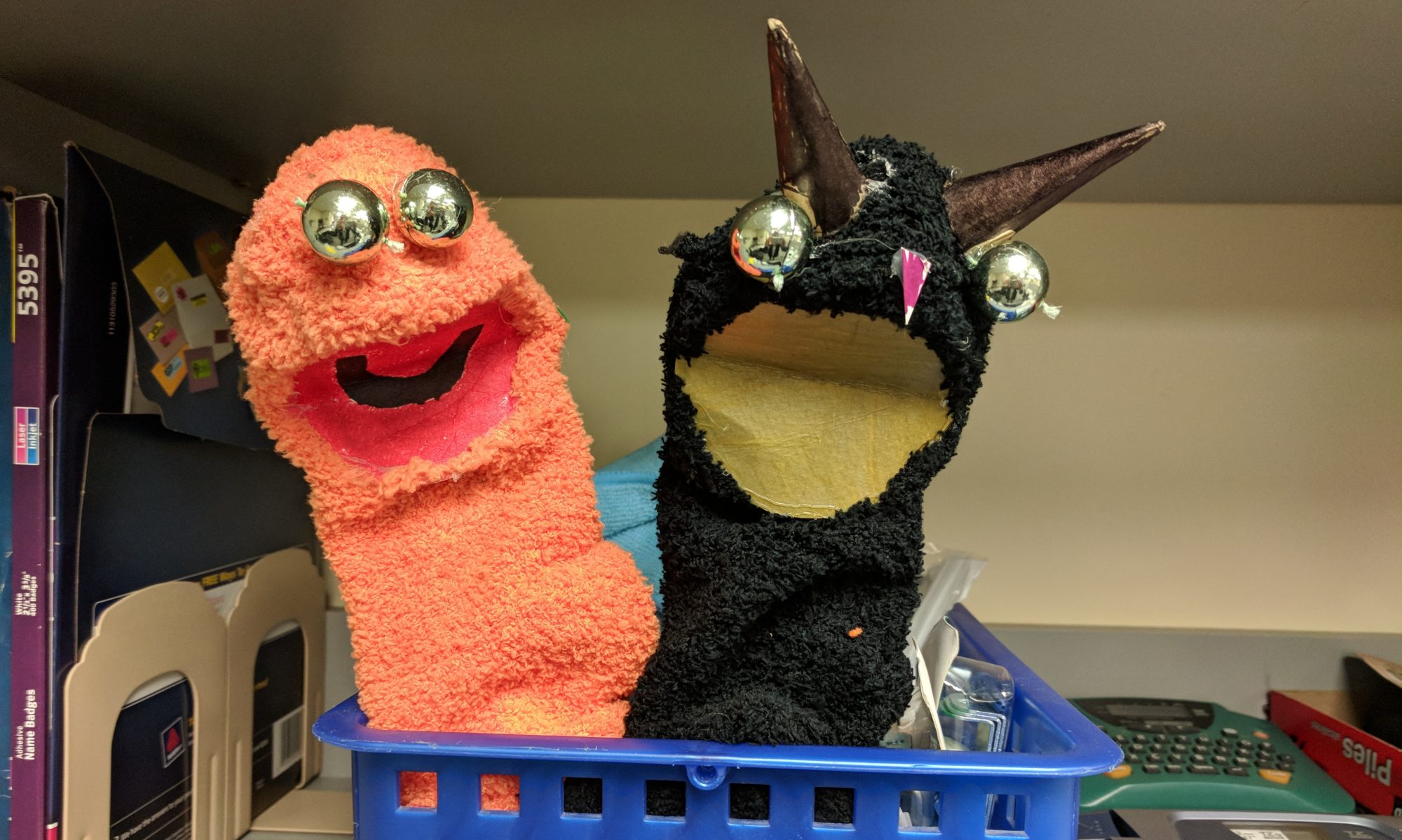Check out this discussion on the Art Therapy Alliance page on LinkedIn (you must be a member to view):
Carly Sullens asks,
I am wondering about art therapists who are also artists who sell their work. What do we need to be aware of as clinicians when clients or interested or even buy our work?
This question generated a lively discussion about art therapist, their artwork and ethics.
As you may have noticed I have an artwork page on my blog. This is my response to the Carly’s question, although my focus is not on clients buying my artwork, but rather, seeing my artwork as a part of this blog:
I write a blog and have an artwork section, where I posted several personal pieces relating to my personal identity and struggle—mainly having to do with health related issues.
When I was studying art therapy, the program I attended emphasized psychodynamic theory, in which the blank slate was very much encouraged. As I began practicing art therapy, however, I found myself naturally gravitating more towards the humanistic side. I wondered whether, if I was the client, would I be able to relate and be open with someone who was never somewhat open with me about their perspectives and struggles? Also, because I’m young, which some people interpret as having minimal life experience, I find it important (at times) to reveal a small part of who I am in order to gain trust and encourage a therapeutic connection. That being said, I don’t advertize my blog to the clients I work with, and none have mentioned my writing or artwork to me. Similar to what others have said, if my clients asked about my artwork, I would process this, just as I would process anything else they brought into the session.
Another reason I made an artwork page on my blog is that I wanted to show other art therapists a piece of who I am, hopefully making a connection to my readers. I realize that some people who look at my blog are also prospective students or people who are interested in seeing an art therapist for their own therapy. The artwork page, along with my writing, may help to demystify what art therapy is without showing the artwork of the clients I work with, which is another huge ethical grey area—one that is worthy of it’s own discussion.
If down the road it seems that my ethical judgment was unfounded, it would certainly be a learning experience and something to be shared with other art therapists. In this world of technology and social networking the concept of privacy is changing, and so is the idea of separating personal and professional lives. Everyone with an internet presence now lives in a “small town”, since everyone can access multiple dimensions of everyone else’s lives with the click of a mouse (or, if you have an iPad, a press of the finger).
We may not be able to foresee all the pros and cons of this topic until years down the road, when more learning/experience has developed. However, the first step towards a deeper understanding of this question lies with these types of discussions. Thank you Carly!
